GovStack CIO Digital Leaders Forum
Germany, Estonia, ITU and the Digital Impact Alliance
Session 199
GovStack is a multi-stakeholder initiative led by the Federal Ministry for Economic Cooperation and Development, Gesellschaft für Internationale Zusammenarbeit (GIZ) from Germany, Estonian Ministry of Foreign Affairs, the International Telecommunication Union (ITU) and the Digital Impact Alliance (DIAL). GovStack aims to break down the barriers to building sustainable digital public infrastructure and help governments create human-centered digital services that empower individuals, improve well-being and build more inclusive and resilient societies.
The CIO Digital Leaders Forum is a unique hub for government CIOs, CXOs, and others involved in government digital transformation to learn from each other’s digital journeys.
With the adoption of artificial intelligence (AI) catching speed in delivering personalized experiences in the commercial space, users are also beginning to demonstrate similar expectations from their governments. Over the last decade, a few countries have pioneered the application of AI in delivering public services to their citizens. Hence, the March 2023 edition of the GovStack CIO Digital Leaders Forum brings together CIOs from across the globe to present their country’s AI strategy, examples of real-world government services enabled by AI DPI, the road map for its development, progress on the expanding usage of AI in the digitization of government services, as well as, lessons learned.
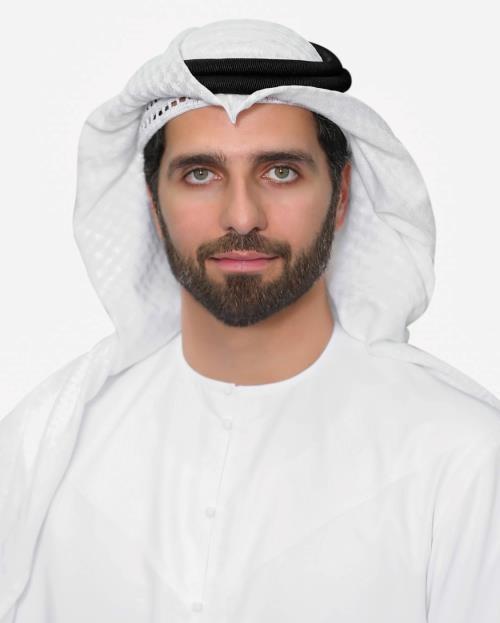
With a 15 years career in digital government, Hammad Al Hammadi is the Director of Digital Channels at Abu Dhabi Digital Authority (ADDA). He supports the build and delivery of the unified Abu Dhabi Government Services Unified App and Portal which serve millions of customers and offer more than 700 integrated digital government services from over 30 government entities. Hammad has a MSc in Management of Information System and Digital Innovation from the London School of Economics & Political Science.

Verónica Wahlberg graduated as a Lawyer in 2005 and as a Professor for Secondary and Higher Education in Legal Sciences in 2012 from the Universidad de Buenos Aires. She also holds a Postgraduate Degree in Design and Evaluation of Public Policies from the Universitat Pompeu Fabra de Barcelona, España. She is the National Director of Strategic Planning and International Affairs at the Secretariat of Public Innovation of the National Chief of Cabinet of Ministers’ Office since September 2022. Prior to that, she worked as an Advisor at the Secretariat, where she consulted on strategic planning, international cooperation and served as parliamentary liaison since January 2020. She also served as Director of Professional Training at the Provincial Government of Buenos Aires from 2017 to 2019. She has a vast experience in labor affairs since she worked from 2002 to 2019 as a legal advisor to different Argentine trade unions. In terms of her academic experience, she has coordinated the Diploma in Union Training Universidad Metropolitana for union delegates of the City of Buenos Aires and the Province of Buenos Aires, in which she was also a Professor.
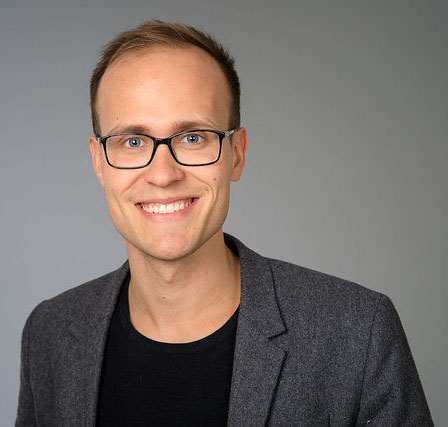
Ott Velsberg is the Chief Data Officer for the Estonian government. He oversees the strategic coordination of data science and data governance in Estonia, including domains like artificial intelligence and open data. He is also a Ph.D. researcher in the department of Informatics at Umeå University and Uppsala University. His research concentrates on the use of information systems in the public sector, with a special focus on the use of the Internet of Things (IoT).
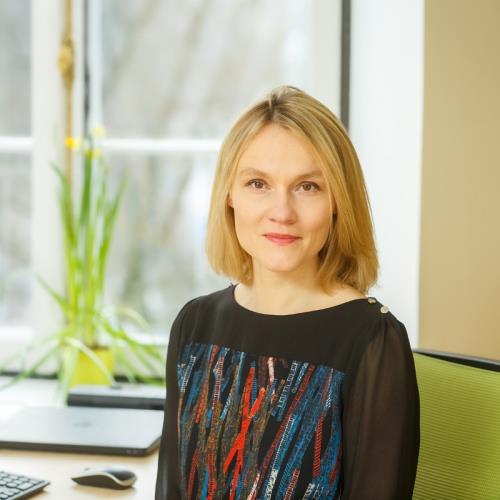
Nele Leosk serves as the Ambassador-at-Large for Digital Affairs at the Ministry of Foreign Affairs of Estonia. Over the past twenty years, she has advised political and public sector leaders in digital governance and digital economy in more than forty countries in Central and Eastern Europe, South-Eastern Europe, Middle East, Central Asia, and Africa. Apart from government work, she has experienced the life of private sector, international and inter-governmental organisations such as the UNDP, UNU, OECD as well as academia. Nele is the chair of Digital Cooperation and Digital Diplomacy network, member of the World Economic Forum’s Global Future Council on Agile Governance, advisory board member of GovStack Initiative, and active in several networks on women in tech. Nele holds a PhD in Political and Social Sciences from the European University Institute (EUI), Italy. She is a former Fulbright-Schuman grantee at the National Centre for Digital Government at the University of Massachusetts Amherst and at the Governance Lab at New York University, USA.
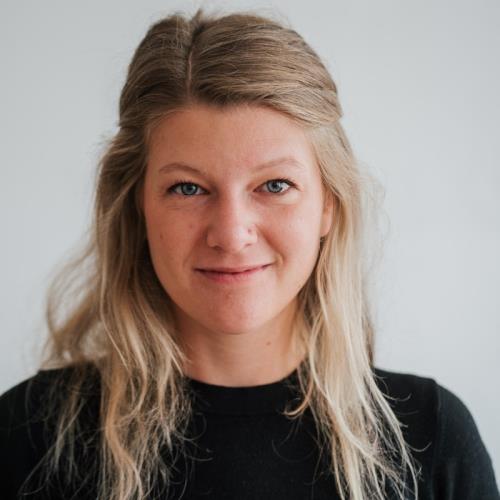
Sarah Fischer is the Head of the GovStack Flagship project at Gesellschaft für Internationale Zusammenarbeit (GIZ). Prior to leading the GovStack Flagship she worked as a policy advisor for the Sector Programme Digital Development, advising on and implementing the German Federal Ministry of Economic Development and Cooperation’s (BMZ) digital strategy, focusing specifically on cyber security, gig-economy and e-government.
Sarah has 7 years of work experience at the intersection of politics and digitization. Prior to GIZ, she spent several years as a public sector consultant, advising the German Federal Ministry of Economic Affairs as well as the German Federal Ministry of Environmental Affairs on Indutsrie 4.0, digital government and digital civic engagement. Additionally, Sarah contributed to developing digital strategies for several federal states in Germany. Sarah holds a M.Sc. in Politics and Communication from the London School of Economics and Political Sciences, and a B.A. in Liberal Sciences from the University of Maastricht.
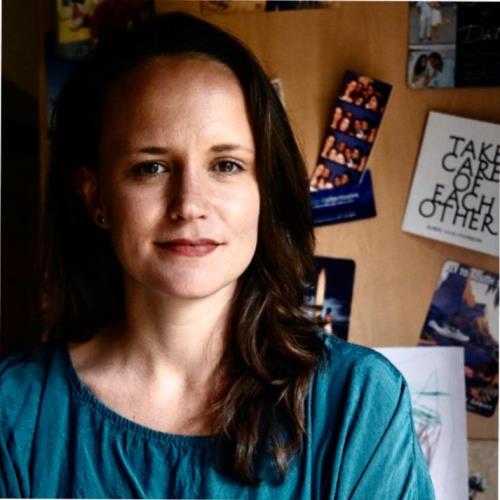
Experienced product manager and strategic consultant focusing on fintech, digital finance, and digital ID in emerging markets, especially in terms of supporting specific goals such as agricultural productivity, humanitarian response, and resilience. Unique experience working directly with all relevant stakeholders in the digital development ecosystem: startups, corporations, nonprofits, governments, and donor agencies.
Chrissy is driven by a passion for putting dignity and empowerment at the core of government, humanitarian, and development assistance with a focus on ensuring that everyone can make their own decisions as to when and how to use their own money – whether received as income or cash assistance provided in a time of need. This requires customer-centric service design across the private and public sectors, a secure and useful digital identity (#GoodID), and support for the fintech startups who are radically rethinking how to get meaningful financial services to the underserved.
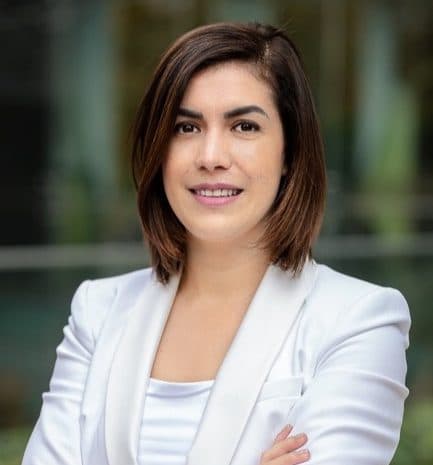
Yolanda Martínez currently works as International Telecommunications Union (ITU) overall lead for GovStack Initiative, helping governments accelerate the digitization of government services. In the public sector, Yolanda led the national digital strategy of Mexico, the digital government unit at the federal level, and the Zapopan digital city program at the local level. She has led several digital transformation initiatives in the private sector while at Deloitte Consulting. In the international arena, Yolanda led the Office of the Inter-American Development Bank (IDB) in Chile, has collaborated with United Nations agencies and joined OECD as a peer reviewer for the digital government strategies of various Latin American countries. Yolanda has been recognized by @political as one of the twenty most influential people globally in digital government. She holds a Ph.D. degree in information and knowledge society from the Open University of Catalonia (UOC).
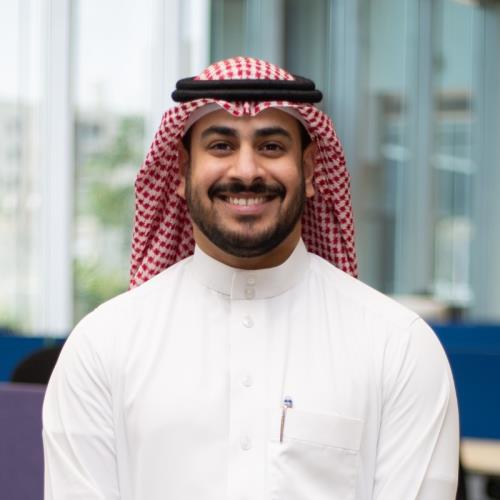
Graduated from The University of San Diego with a bachelor’s degree in Electrical Engineering and minors in Computer Science and Math, and from The University of Southern California with a master’s of Engineering Management. He previously worked in Huawei as a Project Engineer. He then joined The National Digital Transformation Unit in 2018; as a Digital Domain Lead focusing on Smart Cities and Emerging Technologies. Some of the projects Moath worked on at NDU include Digital Identity Framework, Smart Cities Guidelines, and various emerging tech PoC’s. Currently, Moath is the Director of Emerging Technologies & Business Models at The Digital Government Authority; where his main role is to enable and accelerate the adoption of emerging technologies and its solutions in government entities.
-
 C1. The role of governments and all stakeholders in the promotion of ICTs for development
C1. The role of governments and all stakeholders in the promotion of ICTs for development
-
 C2. Information and communication infrastructure
C2. Information and communication infrastructure
-
 C3. Access to information and knowledge
C3. Access to information and knowledge
-
 C4. Capacity building
C4. Capacity building
-
 C6. Enabling environment
C6. Enabling environment
-
 C7. ICT applications: benefits in all aspects of life — E-government
C7. ICT applications: benefits in all aspects of life — E-government
-
 C7. ICT applications: benefits in all aspects of life — E-business
C7. ICT applications: benefits in all aspects of life — E-business
-
 C7. ICT applications: benefits in all aspects of life — E-learning
C7. ICT applications: benefits in all aspects of life — E-learning
-
 C7. ICT applications: benefits in all aspects of life — E-health
C7. ICT applications: benefits in all aspects of life — E-health
-
 C7. ICT applications: benefits in all aspects of life — E-employment
C7. ICT applications: benefits in all aspects of life — E-employment
-
 C7. ICT applications: benefits in all aspects of life — E-environment
C7. ICT applications: benefits in all aspects of life — E-environment
-
 C7. ICT applications: benefits in all aspects of life — E-agriculture
C7. ICT applications: benefits in all aspects of life — E-agriculture
-
 C7. ICT applications: benefits in all aspects of life — E-science
C7. ICT applications: benefits in all aspects of life — E-science
-
 C11. International and regional cooperation
C11. International and regional cooperation
-
 Goal 9: Build resilient infrastructure, promote sustainable industrialization and foster innovation
Goal 9: Build resilient infrastructure, promote sustainable industrialization and foster innovation
-
 Goal 10: Reduce inequality within and among countries
Goal 10: Reduce inequality within and among countries
-
 Goal 11: Make cities inclusive, safe, resilient and sustainable
Goal 11: Make cities inclusive, safe, resilient and sustainable
-
 Goal 16: Promote just, peaceful and inclusive societies
Goal 16: Promote just, peaceful and inclusive societies